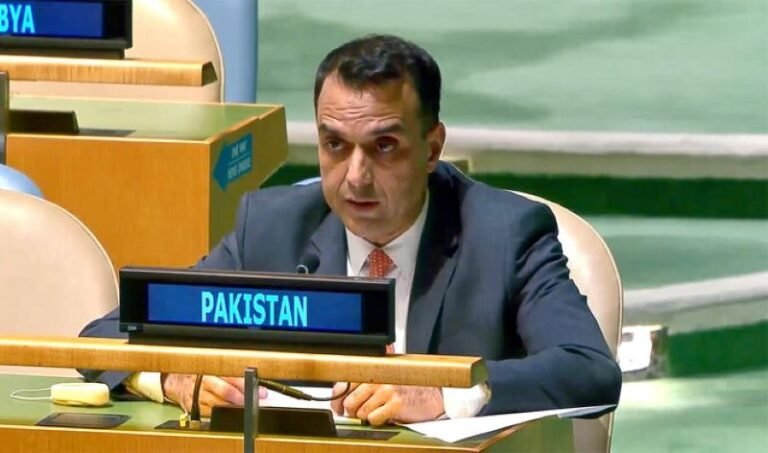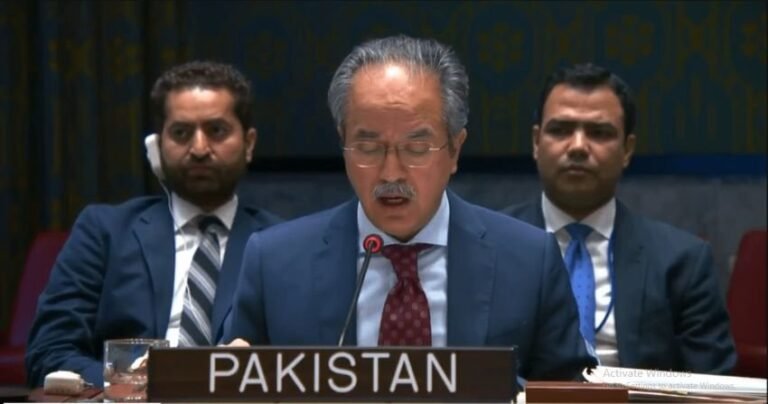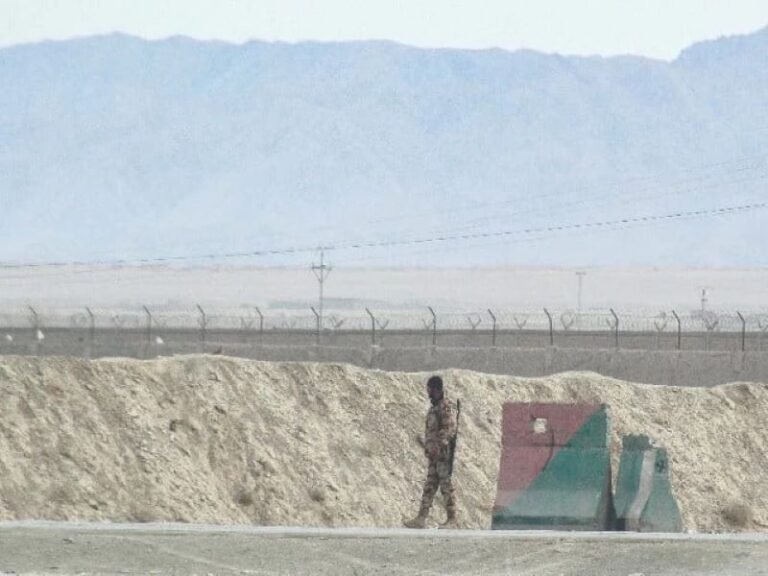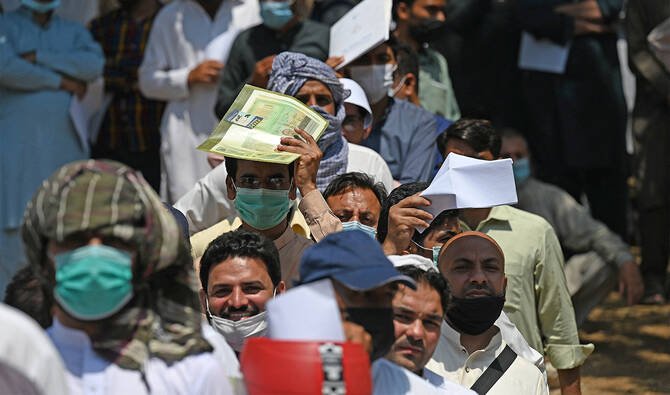Tokyo/Islamabad, 6 September 2022 (TDI): Hayashi Yoshimasa, Minister for Foreign Affairs of Japan, announced the Japanese government’s plan to provide USD 7 million to Pakistan, on September 6.
FM Hayashi held his press conference and made announcements on Japan-India 2+2, Emergency Assistance to Pakistan and took questions on Japan-Russia relations, earthquake in Sichuan province, Conservative Party leadership election and other issues.https://t.co/c2qB3i6gKd
— MOFA of Japan (@MofaJapan_en) September 6, 2022
The aid will be granted to Pakistan in emergency assistance to Pakistan in response to the devastating floods across the country.
Unprecedented levels of rain and flooding have claimed over a thousand lives, destroyed critical infrastructure, and disrupted basic social institutions and livelihoods.
Millions of people have been displaced, and their hopes and dreams have been dashed. Wada Mitsuhiro, Japan’s Ambassador to Pakistan, reaffirmed Japan’s commitment to Pakistan.
Also Read: Pakistan appreciates Saudi support amidst Floods
He stated, “I would like to assure that the Government of Japan stands ready to support the people of Pakistan. Given the rapidly rising scale of needs, we consider it critical to extend our best support and stand available to the affected.
As part of the ‘2022 Floods Response Plan’, we will extend our assistance, ensuring collective and coordinated actions to respond to the national emergency”.
Support for emergency needs, such as health, food and nutrition, water and sanitation, and shelter, will be provided in collaboration with UN agencies.
Also Read: Pakistan urges UNFPA to scale up Flood response
Through JICA, the Japanese government has already provided tents and plastic sheets as emergency relief goods, which are now being distributed to those in need.
Floods in Pakistan
The worst floods in recent Pakistani history were brought on by torrential monsoon rains, which also washed away villages and left more than three million children in need of humanitarian aid and more vulnerable to waterborne illnesses, drowning, and hunger.
Additionally, more than 1,200 individuals have died, including about 400 children. Numerous public health institutions, water infrastructure, and schools have also been destroyed or damaged, in addition to hundreds of thousands of residences.
I'm a detail-oriented, problem-solving, persistent multitasker. Having a magna cum laude MSc. in Strategic Studies from National Defense University, Pakistan, I believe in peaceful discourse & dialogue and have built my interest in nontraditional security threats.
I am an experienced writer with a primary focus on public policy, environmental security, nuclear strategy, and geopolitics!
- Zubeda Anjum Niazi
- Zubeda Anjum Niazi
- Zubeda Anjum Niazi
- Zubeda Anjum Niazi















